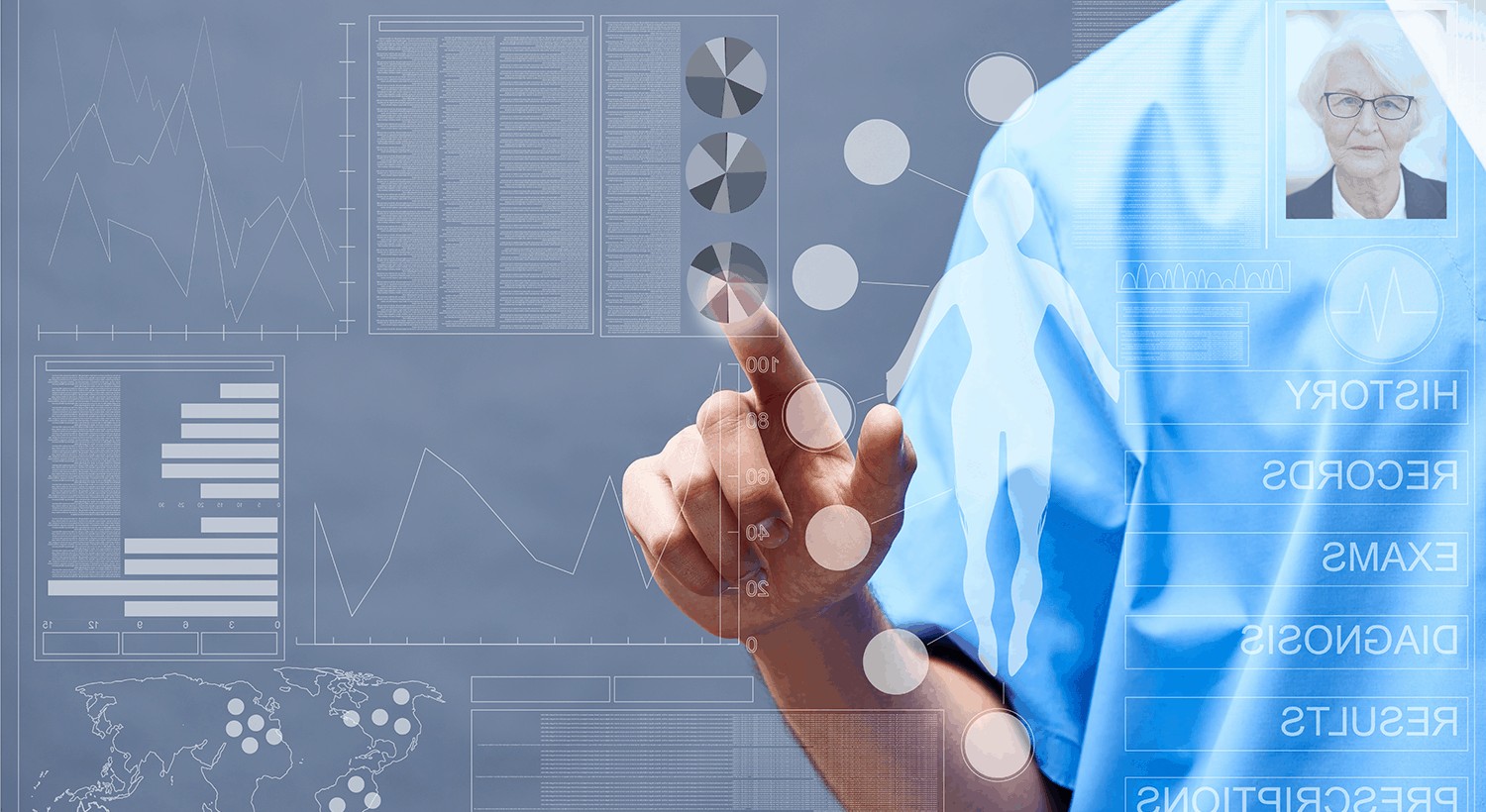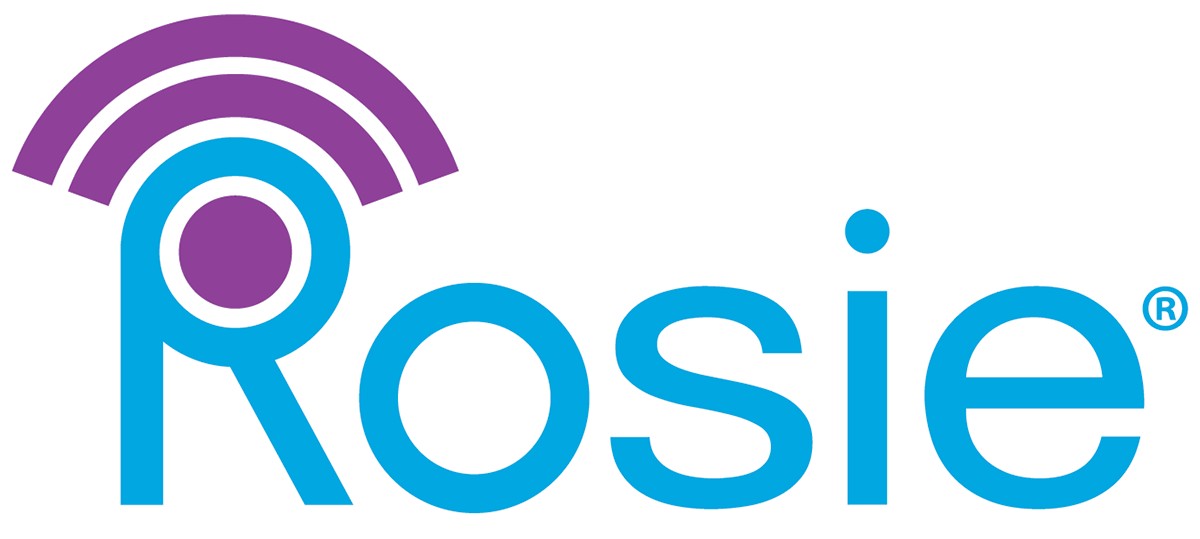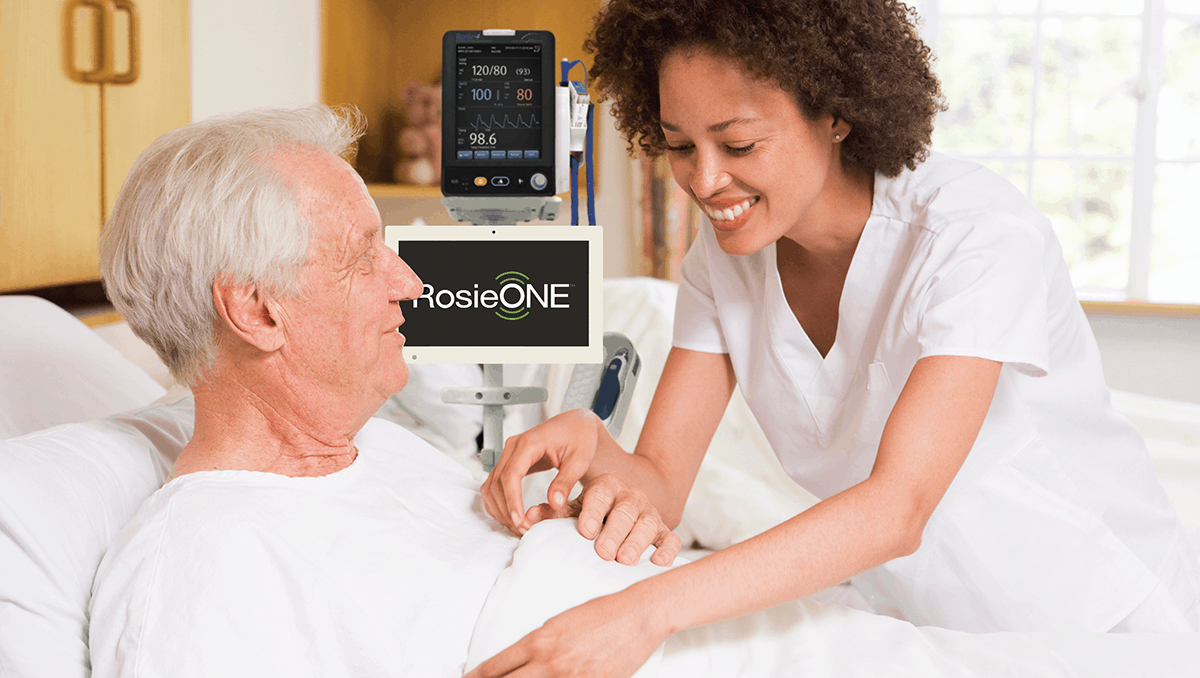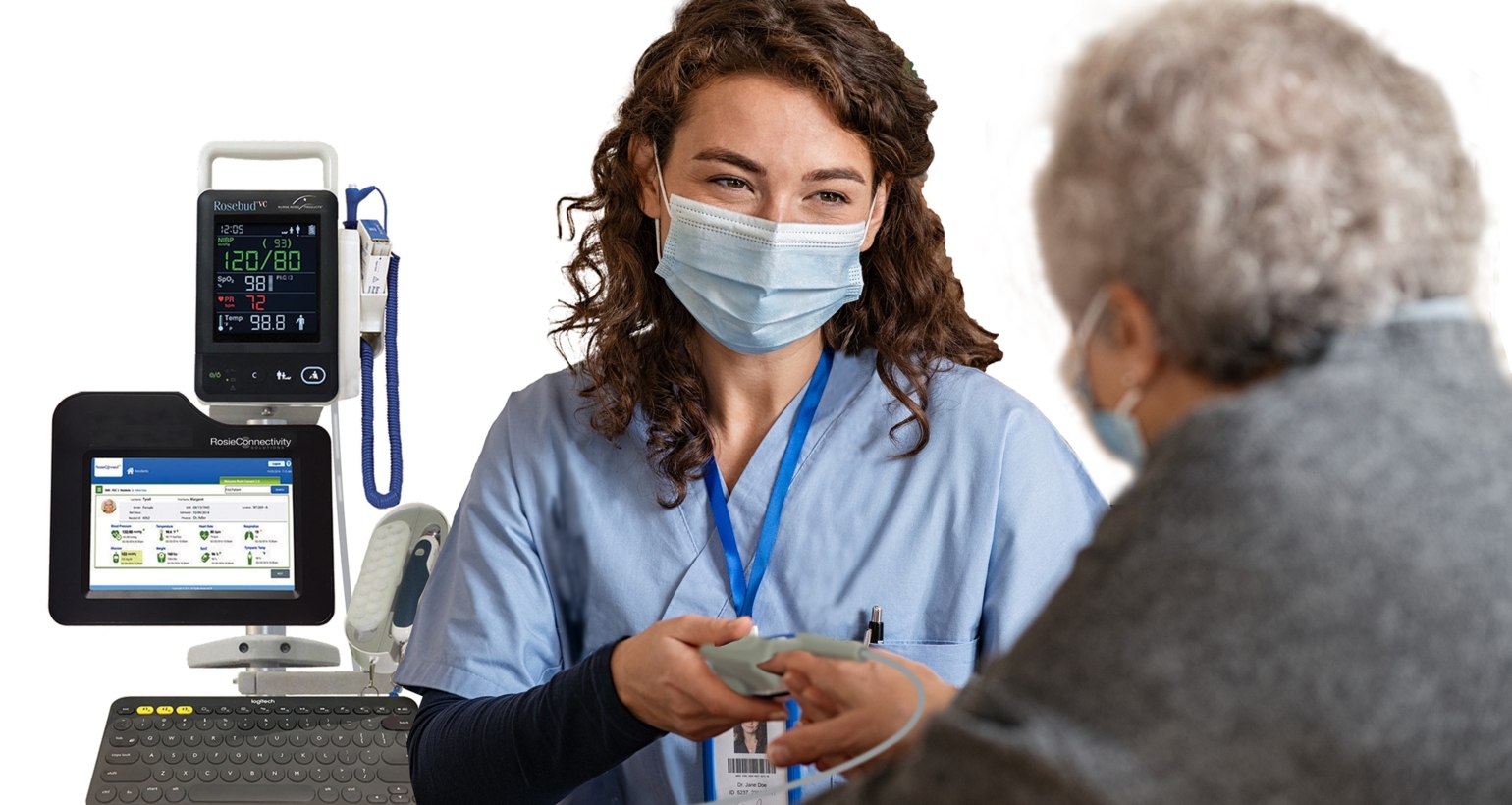Data security in healthcare is a matter that needs to be taken seriously for benefit of all patients and caregivers. When a healthcare provider does not have proper safeguards to protect their data, there will be a high risk that data could be stolen and used for illegal purposes. For instance, hackers could use the information to steal a patient’s…



